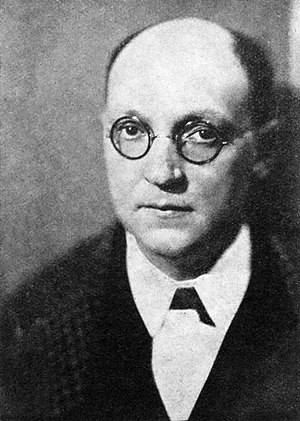“We do not know the true value of our moments until they have undergone the test of memory.”
your son grow, without too much anxiety, like a beautiful tree:
the child he was once, the child he was but now, the child he is at
present, you will not lose them, O insatiable heart! They will escort
you toward old age, like a beloved multitude that increases every day
and cannot die.
Owing to the war, I have seen my own child only seven times, and each
time I have hardly recognized him. Seven times I have believed him
lost. I know now that I have seven lovely images in my soul, seven
children to adorn and hearten my solitude.
IV
There are beauties which the present fails to appreciate. That is
natural, because it is greedy, disordered, care-ridden. Memory exists
to see that justice is done. To it falls the divine rôle of restoring
and, at times, pardoning. (It is memory which, in the last resort,
vindicates and judges. It is in its light that things appear to us
under the aspect of eternity.)
None of our thoughts would be really happy that had not received the
approbation of memory, that did not find themselves sealed at last
with its sovereign imprint. We do not know the true value of our
moments until they have undergone the test of memory. Like the images
the photographer plunges into a golden bath, our sentiments take on
color; and only then, after that recoil and that transfiguration, do
we understand their real meaning and enjoy them in all their tranquil
splendor.
Days of ours that had seemed to us dull and hopeless show themselves in
memory luminous and decisive. Journeys undertaken without eagerness,
without enthusiasm, and without any of the freshness of surprise,
become, from a distance, fruitful in revelations and discoveries.
Every reality develops with time a thousand aspects of itself that
are just as real, as charged with meaning and consequence, as the
original aspect. We cannot foretell what memory will contrive for
us. It is a treasure all the more precious and unexpected because it
is so independent of our rudimentary logic. For the logic of memory
is more subtle than ours; it seems entirely free from our miserable
calculations; it draws its inspirations from our true interests, which
we ourselves are forever misapprehending.
“Do not trust your memory; it is a net full of holes; the most beautiful prizes slip through it.”
The rushing flood of your soul flows by, and you watch it with fear
and delight. Every sort of thing is in it: mud, grass, gold, flowers,
formless and nameless debris. Gather to one side what you deem worthy
to be preserved, do not let it escape in the torrent.
This mass of thoughts that crowd and elbow one another, this storm that
tumbles its way over you, this unending dream that you have when you
are awake, when your soul abandons itself to its natural, spontaneous
impulses, there, indeed, is matter to terrify you! So many things
appear and are swallowed up again that scandalize or horrify you; so
many contradictions bewilder you, so many jewels shine furtively forth,
that you are by turns filled with consternation, stupefied, dazzled.
You must choose among all these things. You must draw out of the
current what you recognize as of value to you, and let the rest sink.
I beg you, keep the reckoning of your own soul. Keep a little book in
your pocket that is carefully brought up to date. And do not trust
your memory; it is a net full of holes; the most beautiful prizes slip
through it.
You must not have too much fear of not being up to your task when you
are approaching great problems and great works.
That is something worth meditating for him who sets himself to
obtaining possession of the world, who wishes to invite his companions
to do the same.
Though it may have all the appearance of naïveté, confidence is less to
be feared than the terror of ridicule that paralyzes so many souls at
the beginning of the most beautiful adventures.
The fear of enthusiasm does as much harm as obvious wickedness.
It is better to pass for a simpleton and become the laughing-stock of
the disillusioned than to miss the opportunity to serve as the apostle
of one’s beloved verities. It is better to squander one’s fortune than
to run the risk of being the only one to profit from it. There will
always be a farthing to fall into eager hands.
The main thing is to be, above everything else, a man of good will.
The true enemy, if there is any such, is the pharisee, the man of
outward observance, he who adopts every religion as a matter of
fashion, who speaks frequently and passionately of his soul in the same
way in which he speaks of his necktie.
